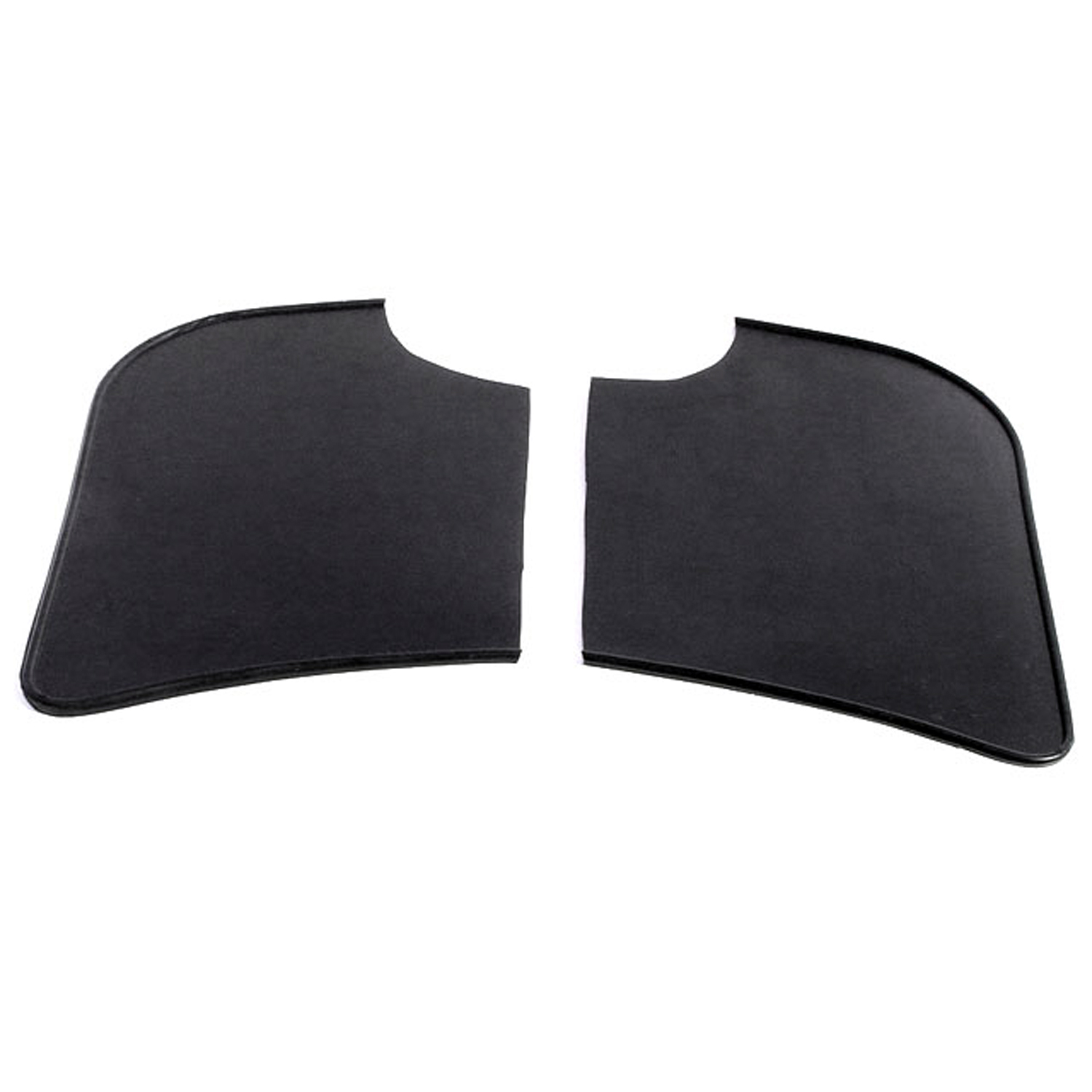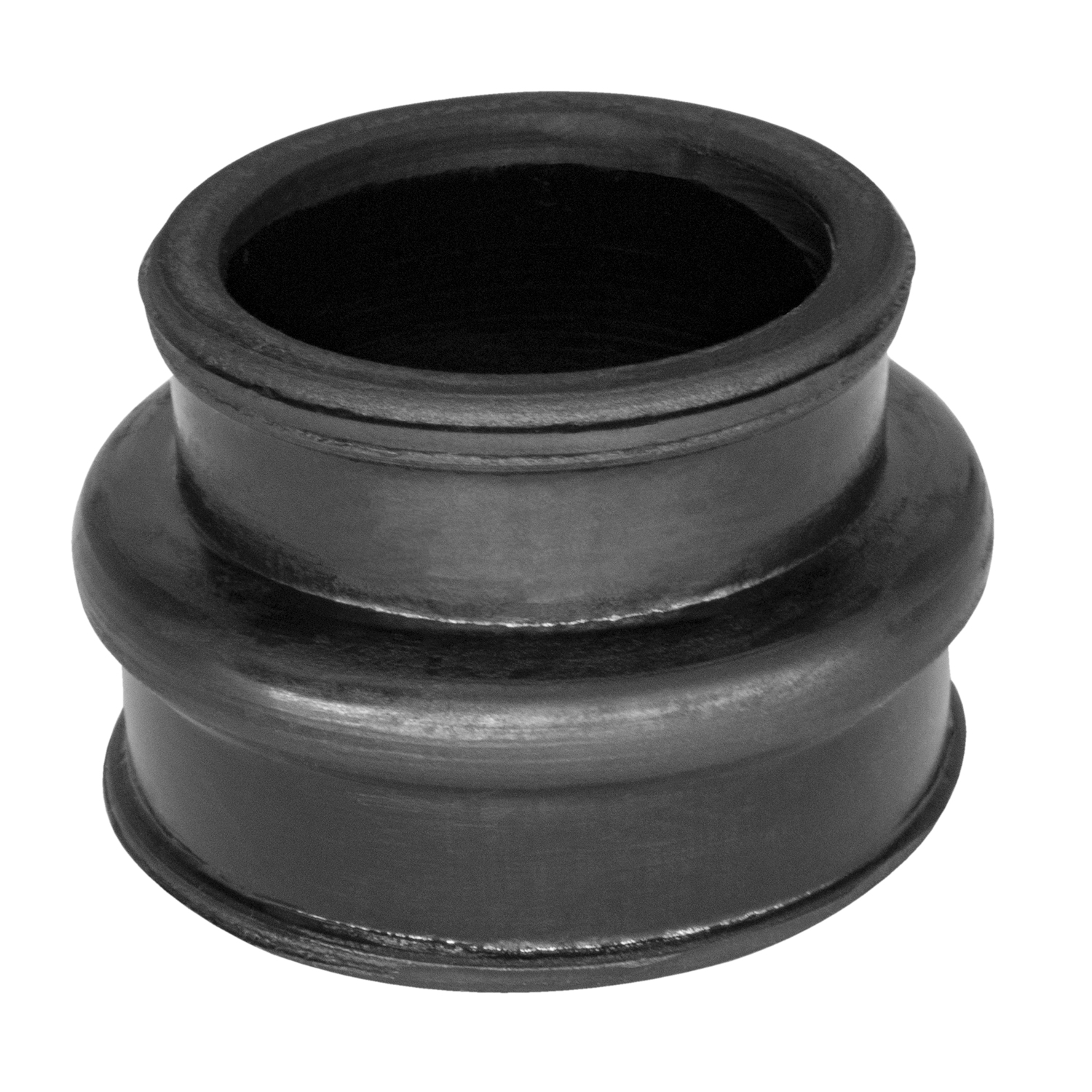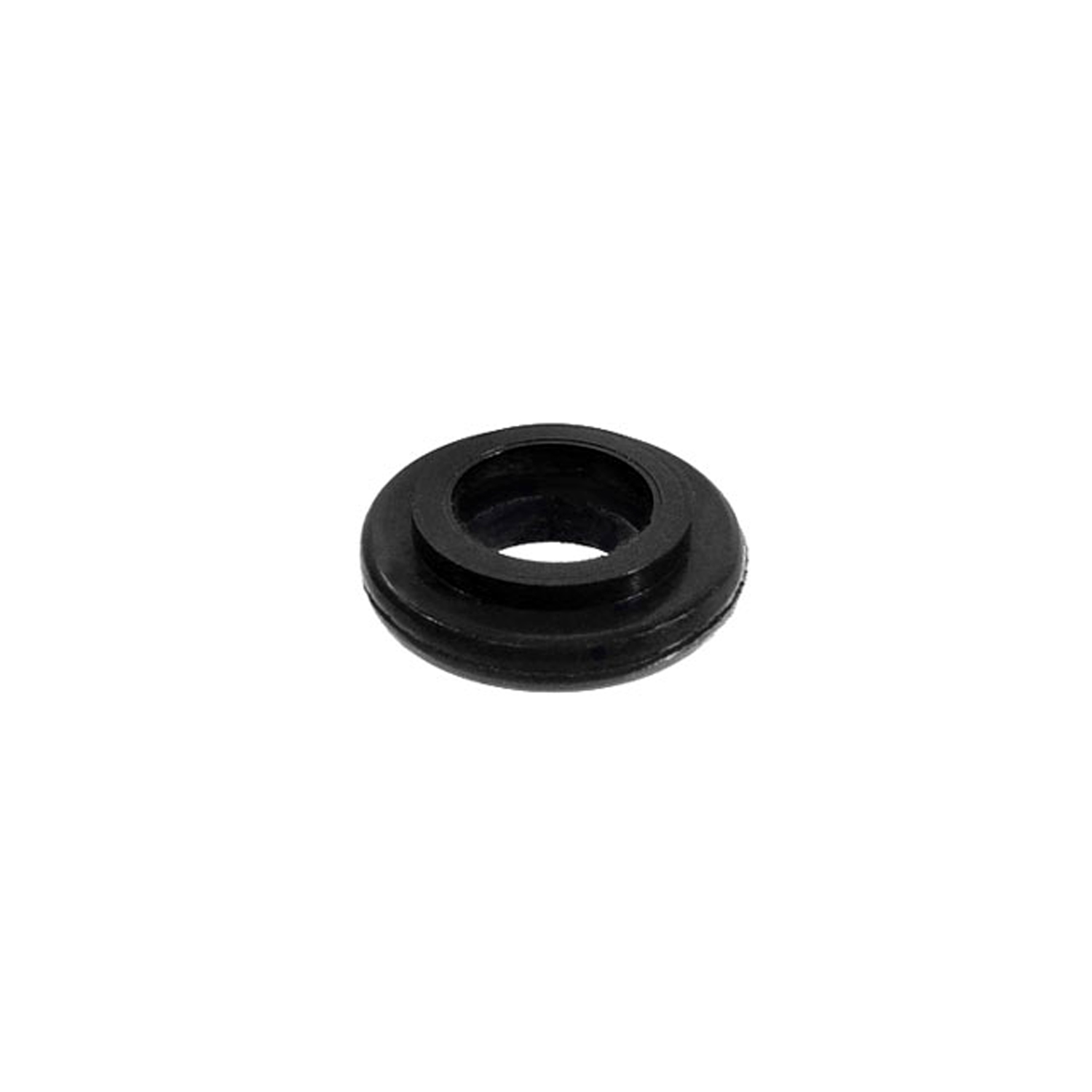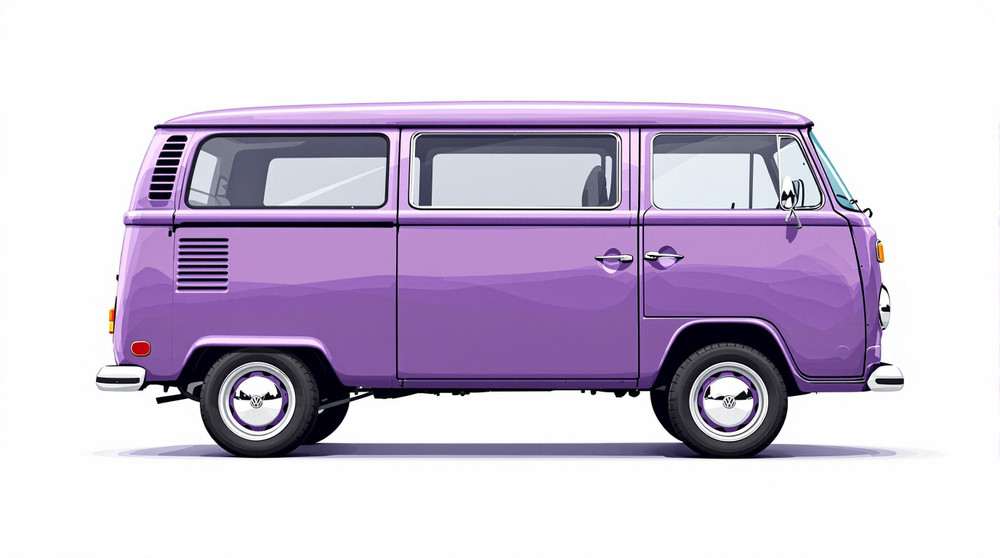Image of 1973 Volkswagen Transporter, Note: These illustrations use artistic license and may differ from actual historical models.
Performance Metrics
Fundamental Metrics
Emotional Appeal
MMP Rating
| Engine Specifications | |
|---|---|
| Engine: | Air-cooled, OHV, flat-four engine |
| Displacement: | 1.6L |
| Horsepower: | 46-50 hp |
| Torque: | 73-75 lb-ft |
| Compression Ratio: | 7.5:1 |
| Ignition System: | Distributor ignition |
| Cooling System: | Air-cooled |
| Performance Specifications | |
| 0-60 Time: | 37 seconds |
| 1/4 Mile Time: | Not available |
| Top Speed: | 65-70 mph |
| Transmission and Drive | |
| Drive Type: | Rear-wheel drive |
| Transmission Type: | 4-speed manual |
| Fuel and Efficiency | |
| Fuel System Type: | Carburetor |
| MPG: | 20-25 mpg |
| Dimensions and Brakes | |
| Brakes: | Front disc brakes, rear drum brakes |
| Wheelbase: | 94.5 inches |
| Weight: | 3,000 lbs |
Note: Specifications for classic cars are given to the best of our ability, considering the limited and variant data available.
The Quintessential Road Trip Companion: 1973 Volkswagen Transporter Van
The open road beckons, and the 1973 Volkswagen Transporter Van answers the call with a charm that's as enduring as the highways it has traversed. Born from the innovative spirit of the post-war era, this iconic vehicle emerged from the storied halls of Volkswagen—a manufacturer synonymous with reliability and ingenuity. The Transporter Van, or Type 2 as it was officially known, became a symbol of freedom and adventure during the 1960s and 70s, capturing the hearts of travelers, families, and counterculture enthusiasts alike. A notable moment in its storied journey includes its affectionate nickname, "Hippie Van," a testament to its popularity within the peace and love movement of the era.
Design and Innovation
With its distinctive V-shaped front and split windshield, the 1973 Volkswagen Transporter Van's exterior styling is instantly recognizable. Its utilitarian yet charming design is complemented by a spacious interior, where simplicity and functionality reign supreme. The materials used within reflected the era's preference for durability over luxury, with easy-to-clean surfaces ideal for a life on the move. Technologically, the Transporter was ahead of its time with features like a rear-engine layout that maximized interior space. Color options ranged from vibrant oranges and blues to more subdued earth tones, with pastel shades being particularly popular among the free-spirited crowd. The most iconic body style was undoubtedly the Kombi or Microbus, with its multiple windows and flexible seating arrangements.
Historical Significance
The 1973 Volkswagen Transporter Van didn't just carry passengers; it carried an ethos. It was a canvas for self-expression and a vessel for cultural revolution. Its design broke away from the bulky American cars of its time, offering a more compact and fuel-efficient alternative that would influence the development of future people carriers. The van's multifunctional nature made it a favorite for businesses and families alike, cementing its place in automotive history as a versatile and beloved vehicle.
Performance and Handling
Performance-wise, the '73 Transporter was modest by today's standards, with top speeds hovering around 80 mph and acceleration from 0-60 mph taking a leisurely 20 seconds or more. However, it wasn't built for speed; it was built for steady cruising and reliability. The rear-mounted engine provided better traction, while the van's handling was characterized by a smooth, if somewhat slow, response to steering inputs. Drivers often speak of the unique hum of the air-cooled engine and the panoramic view from behind the wheel that made every journey memorable.
Ownership Experience
As a daily driver or show car, the 1973 Volkswagen Transporter Van offered an ownership experience filled with character. Its simple mechanics meant that DIY repairs were often straightforward, endearing it to those who preferred wrenching in their own garage. While reliability was generally good, rust could be an issue, requiring vigilant maintenance from owners keen on preservation.
Fun Facts
The Transporter Van has been a star on the silver screen and a staple at classic car shows. Some rare editions have become collectors' dreams, such as those with unique paint jobs or complete camper conversions. While not known for breaking speed records, it has set records for longevity and cultural impact. Despite some criticisms over its modest power and handling in comparison to modern vehicles, its charm remains undeniable.
Collector's Information
Today, the value of a well-preserved 1973 Volkswagen Transporter Van can vary greatly. Estimates suggest that prices can range from $15,000 to well over $50,000 for pristine examples or those with desirable modifications. While exact production numbers are hard to pin down, tens of thousands were produced, with survivors becoming increasingly rare. The market trend shows appreciation in value, especially for vans in original condition or with tasteful restorations.
Conclusion
The 1973 Volkswagen Transporter Van is more than just a vehicle; it's a cultural icon that represents an era of exploration and freedom. Its design, functionality, and enduring appeal have solidified its place in automotive history. Whether it's remembered as a symbol of counterculture or cherished as a collector's item, the Transporter Van continues to capture imaginations and inspire road trips across generations.
1973 Volkswagen Transporter Catalog of Parts
 1973 Volkswagen Transporter Gravel Shields. Molded flat without metal backing plates-FS 40Gravel Shields. Molded flat without metal backing plates. Apply with contact cement. 7-5/8" long X 5-5/8" wide at top. Pair
1973 Volkswagen Transporter Gravel Shields. Molded flat without metal backing plates-FS 40Gravel Shields. Molded flat without metal backing plates. Apply with contact cement. 7-5/8" long X 5-5/8" wide at top. Pair 1973 Volkswagen Transporter Intake Manifold Boots. Made of rubber. 1-3/8" I.D., 2" O.D-RP 300-BIntake Manifold Boots. Made of rubber. 1-3/8" I.D., 2" O.D. X 1-1/2" high. Pair
1973 Volkswagen Transporter Intake Manifold Boots. Made of rubber. 1-3/8" I.D., 2" O.D-RP 300-BIntake Manifold Boots. Made of rubber. 1-3/8" I.D., 2" O.D. X 1-1/2" high. Pair 1973 Volkswagen Transporter Oil Cooler Seal. 7/16" I.D., 7/8" O.D. Each-RP 8-BOil Cooler Seal. 7/16" I.D., 7/8" O.D. Each
1973 Volkswagen Transporter Oil Cooler Seal. 7/16" I.D., 7/8" O.D. Each-RP 8-BOil Cooler Seal. 7/16" I.D., 7/8" O.D. EachWhy Choose Metro?
For over 100 years, Metro Moulded Parts has been the pinnacle of quality in classic car restoration parts. Our commitment to precision and authenticity in every component ensures a perfect fit and an OEM-level appearance.
- Expert Craftsmanship & Quality: Each part is a testament to our dedication to reliability and perfection, crafted from original designs and thoroughly tested.
- Advanced Technology: We use cutting-edge techniques to create flawless, long-lasting parts that surpass others in performance.
- SuperSoft Sponge – The Ultimate Door Seal: Not only are our door seals 30% softer than competitors', but they're also guaranteed to never leak. They effectively reduce wind and road noise, enhancing your classic car's comfort and driving experience.
- Proudly American: Our parts are a product of American craftsmanship, made in the USA with a spirit of excellence and heritage.
- Unrivaled Warranty: We back our products with a 30-year industry-leading warranty, a testament to our confidence in their quality.
Join us in preserving the legacy of classic cars with parts that are crafted for perfection, not just made.

